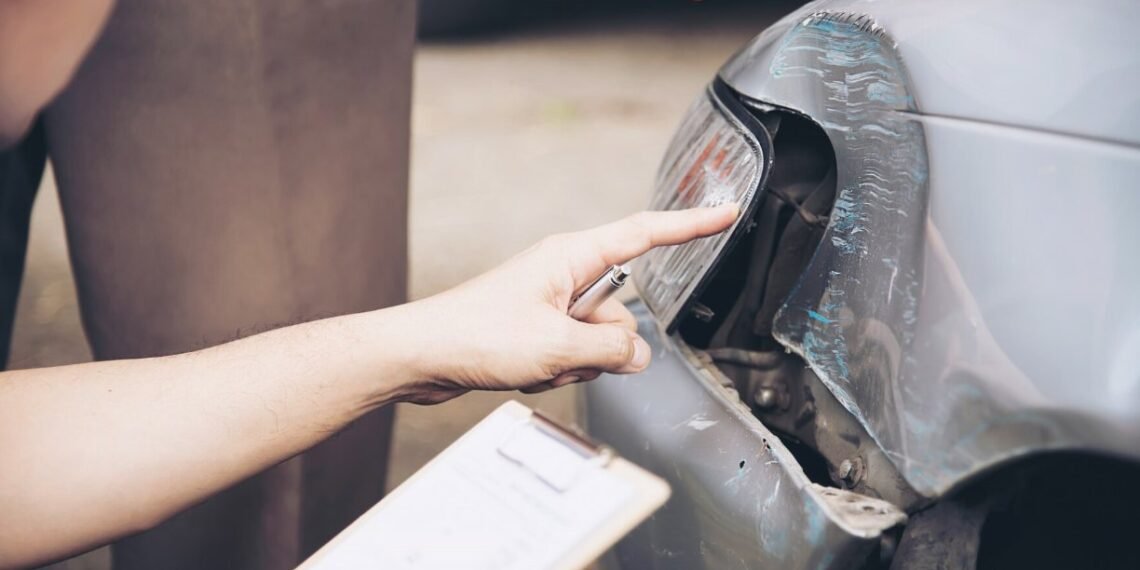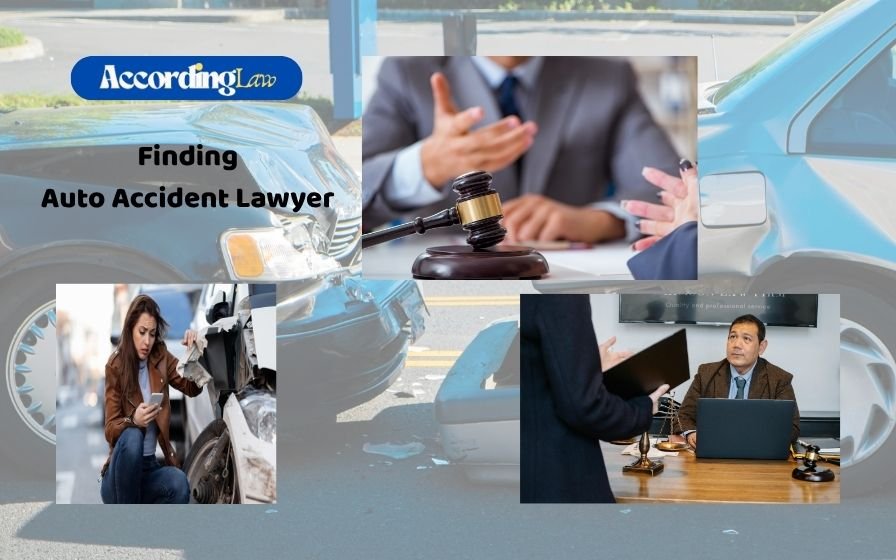Car accidents are common on American roads, but why are there some accident claims that are hard to prove?
The National Highway Traffic Safety Administration estimates that about 6 million auto accidents occur in the US annually. However, some instances make certain cases significantly more complicated than others.
While most fender-benders follow predictable patterns, the scenarios that confuse people most are the ones that don’t fit standard templates. These complex situations can make or break your case, so understanding them is critical.
Here’s what you need to know about the most challenging accident scenarios and how to win them.
Table of Contents
Drinking and Getting Hit by Someone Else
You’re driving home after having drinks. Another driver runs a red light and crashes into your car. Now you’re dealing with injuries, property damage, and alcohol on your breath.
The other driver is still at fault for running that red light, regardless of your blood alcohol level. Their negligence caused the crash, not your drinking. But your case just became significantly more complex.
Police will test your blood alcohol if they suspect drinking. Over the legal limit means criminal charges, separate from your civil case. The other driver’s insurance will aggressively argue you could have avoided the accident if sober.
Most states use comparative fault rules. You can recover damages even if you’re partially responsible. If you’re 20% at fault and they’re 80% at fault, you still get 80% of your damages. Your drinking doesn’t eliminate your claim – it just reduces it.
Never admit to drinking at the scene. Exercise your right to remain silent. Each state has specific DUI laws that can complicate your case, so if you are in California, contact a Sacramento car accident lawyer who understands local court procedures before speaking with any insurance company. This move alone can save your case.
Rental Road Accidents
Rental car accidents create unique problems because multiple insurance policies might be involved. When you rent a car, you’re driving someone else’s vehicle, which changes how insurance works.
First, let’s talk about who pays for what. If you cause an accident in a rental car, your personal auto insurance usually covers the damage to other people and their property. But what about damage to the rental car itself? This is where things get tricky.
The rental company will want someone to pay for their damaged car. They might try to charge your credit card immediately. However, you have several layers of protection. Your personal insurance might cover rental car damage. Your credit card might offer rental car protection. The rental company also has insurance, though they prefer not to use it.
Here’s what you need to know:
Tips to Protect Yourself:
Hit-and-Run Situations
Hit-and-run drivers leave you without an obvious defendant, but you still have viable options for recovery.
If you can, call 911 in the scene. The police report is essential even with the other driver gone. Collect witness information – someone may have noted the license plate or vehicle description. Security cameras at nearby businesses often capture these incidents.
Your uninsured motorist coverage becomes your primary source of compensation. This coverage pays for injuries when the at-fault driver can’t be located or lacks insurance. It’s required in many states and absolutely essential.
Police catch hit-and-run drivers more often than you’d expect. When they do, you can pursue full damages against them. However, people who flee accidents typically lack insurance or assets to pay judgments.
Parking Lot Accidents
Parking lots operate under different liability rules than public streets. Private property means normal traffic laws don’t always apply, making fault determination more complex.
Backing accidents are the most common. The person backing up is typically responsible because they must yield to traffic. But if someone speeds through the parking lot and hits you while you’re slowly backing out, fault becomes shared.
Door dings seem minor but repair costs can reach hundreds of dollars. The person opening their door into your car bears responsibility. Proving causation without witnesses or video surveillance creates the challenge.
Rideshare Accidents
Uber and Lyft accidents depend entirely on the driver’s status when the crash occurred. The coverage changes dramatically based on app activity.
As a passenger, you have strong protection. Both companies carry substantial insurance for passenger injuries. You may also have claims against the rideshare driver personally if they caused the accident.
For rideshare drivers, coverage depends on your activity level. App off means only personal insurance applies. App on without a passenger provides limited coverage. Transporting or driving to pick up passengers triggers full commercial coverage.
Emergency Vehicle Collisions
Accidents with police cars, ambulances, or fire trucks have special rules. Emergency vehicles can break normal traffic laws when responding to calls, but they must still drive safely.
If an emergency vehicle hits you while responding to a call, determining fault can be complex. They might have been legally running a red light or speeding, but they still can’t drive recklessly. The key is whether they were using their lights and sirens and whether they were responding to a legitimate emergency.
Remember that Emergency status doesn’t permit dangerous driving, even with lights and sirens activated.
Weather-Related Accidents
Bad weather doesn’t excuse careless driving. If someone hits you during a rainstorm, they can’t simply blame the weather. Drivers must adjust their speed and driving for conditions.
However, weather can affect how fault is determined. If roads are icy and multiple cars slide into each other, fault might be shared among several drivers. Insurance companies look at whether each driver was driving appropriately for the conditions.
Borrowed Vehicle Issues
Insurance follows the car, not the driver. When you borrow someone’s vehicle, their insurance provides primary coverage, with your insurance potentially offering secondary coverage.
Lending your car creates liability exposure. Your insurance pays first if your friend causes an accident, potentially raising your rates despite not driving. Choose borrowers carefully.
Strategy for Any Complex Accident
Complex accident scenarios require a systematic approach. Check for injuries first, then call 911 if medical attention is needed. Document everything with photographs, vehicles, scenes, and visible injuries.
Collect witness contact information before they leave the scene. Avoid discussing fault or providing detailed statements to the other driver’s insurance company before consulting counsel.
Insurance companies maximize profits by minimizing payouts. They’ll exploit unusual circumstances to deny or reduce claims, arguing that your specific situation somehow eliminates coverage.
The Bottom Line
Regardless of the specific situation, certain steps always apply. Stay calm and check if anyone is injured. Call 911 if needed. Document everything with photos and notes. Get contact information from witnesses. Don’t admit fault or discuss details with the other driver’s insurance company before talking to an attorney.
Remember, insurance companies want to pay as little as possible. They might try to use unusual circumstances to deny or reduce your claim. Having an experienced attorney can help protect your rights and ensure you receive fair compensation.
Every accident is unique, and the law varies by state. If you’re involved in an unusual accident scenario, don’t try to handle it alone. Contact an attorney who understands these complex situations and can guide you through the process. Your future financial security might depend on getting proper legal help from the start.


